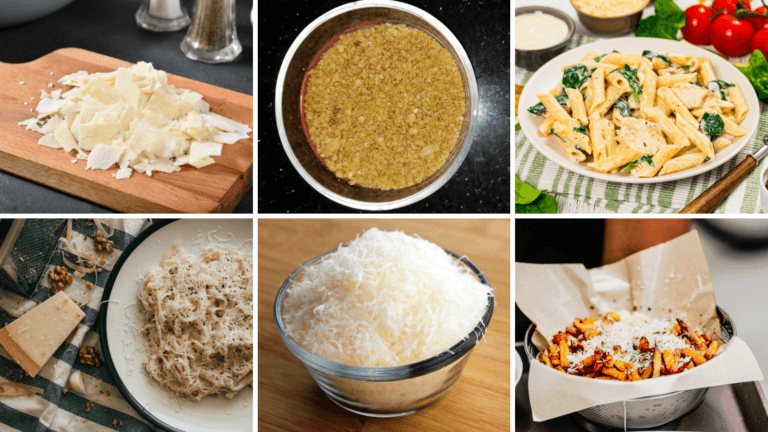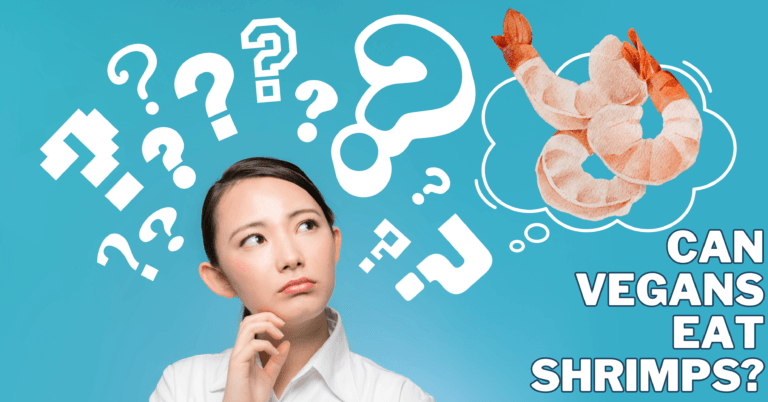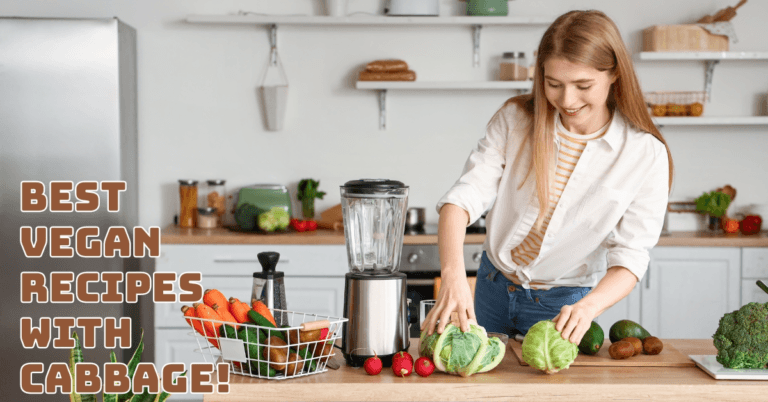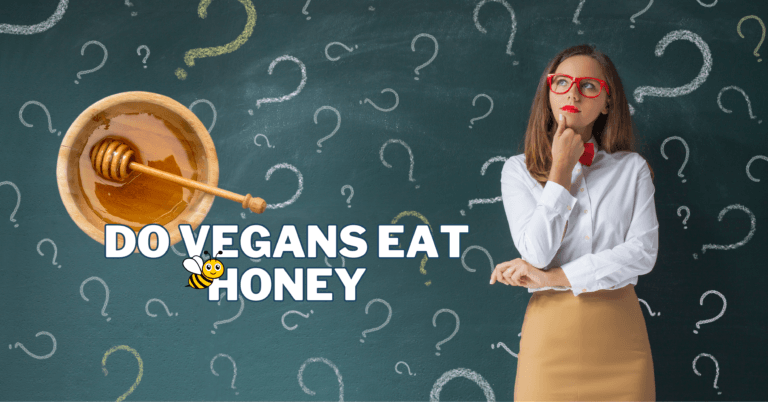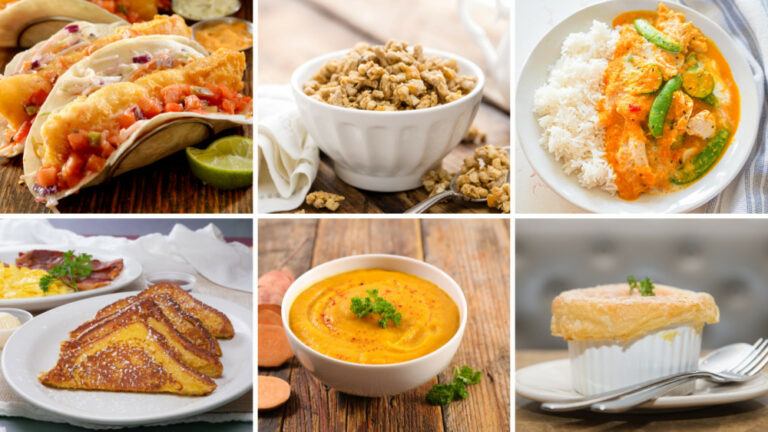Different Types Of Vegan Diets
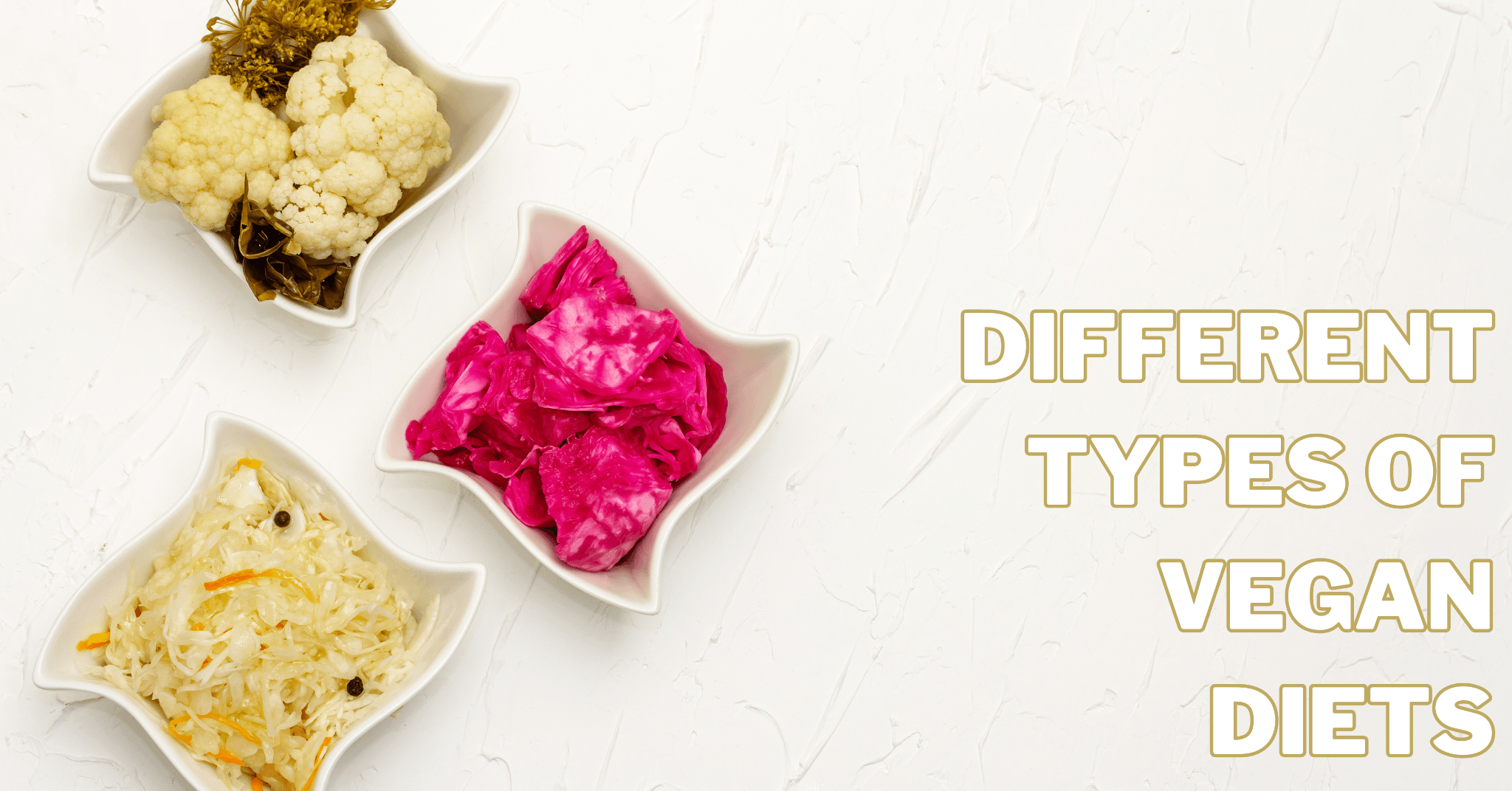
Different Types Of Vegan Diets
The journey into a vegan lifestyle encompasses a multitude of dietary philosophies, each representing different types of vegan diets, from whole-food plant-based approaches to raw veganism and flexible flexitarian choices.
Veganism is a diverse field with various dietary philosophies that reflect why people choose a plant-based diet. It is not a one-size-fits-all approach.
Every kind of veganism offers a different viewpoint; these include the whole-food, plant-based diet that emphasizes unprocessed foods, the popular raw veganism that focuses on uncooked, nutrient-rich options, and the creative flexitarian approach that permits the occasional consumption of animal products.
In this exploration, we delve into the kaleidoscope of vegan diets, dissecting their principles, benefits, and potential challenges.
By understanding the nuanced variations within the vegan spectrum, individuals can tailor their dietary choices to align with personal goals, ensuring a fulfilling and sustainable journey into the vibrant world of plant-based living.
What Is A Vegan Diet And How Does It Work
A vegan diet consists entirely of plant-based foods and excludes animal products or byproducts. It is a compassionate lifestyle choice rooted in ethical, environmental, and health considerations.
Individuals abstain from consuming meat, poultry, fish, dairy, eggs, honey, and other animal-derived ingredients in a vegan diet.
Instead, the focus is on plant-based foods, including fruits, vegetables, grains, legumes, nuts, and seeds.
The core tenets of a vegan diet are to minimize suffering caused to animals, lessen the impact on the environment, and enhance individual health.
By avoiding animal products, vegans aim to contribute to the ethical treatment of animals, combat environmental degradation associated with animal agriculture, and embrace a diet related to various health benefits.
A vegan diet involves thoughtful and intentional food choices to ensure nutritional adequacy. Vegans obtain protein from plant sources such as beans, lentils, tofu, and whole grains.
Since animal products are the primary source of vital nutrients like vitamin B12, iron, calcium, and omega-3 fatty acids, it may be necessary to supplement or fortify foods to meet these needs.
A well-balanced vegan diet emphasizes various colourful and nutrient-dense foods to meet daily nutritional requirements.
Reduced risks of chronic diseases, better heart health, and weight control have all been linked to this dietary strategy.
Ultimately, the vegan diet operates on choosing plant-based options for sustenance, aligning with values of compassion, environmental stewardship, and health-conscious living.
Whether motivated by ethical concerns or health aspirations, vegan individuals navigate a diverse and bountiful landscape of plant-derived nourishment.
Introducing The Different Types Of Vegan Diets
Taking up veganism requires a strong commitment to living a morally, environmentally, and health-conscious life.
In the broad field of plant-based nutrition, a wide variety of vegan diets have emerged to meet the needs of specific people as well as dietary preferences, objectives, and philosophical perspectives.
We’ll explore the varied terrain of vegan diets, from optimizing nutrition to occasionally indulging in treats, and we celebrate the wide range of options accessible to individuals who choose a plant-based lifestyle.
So, let's get started:
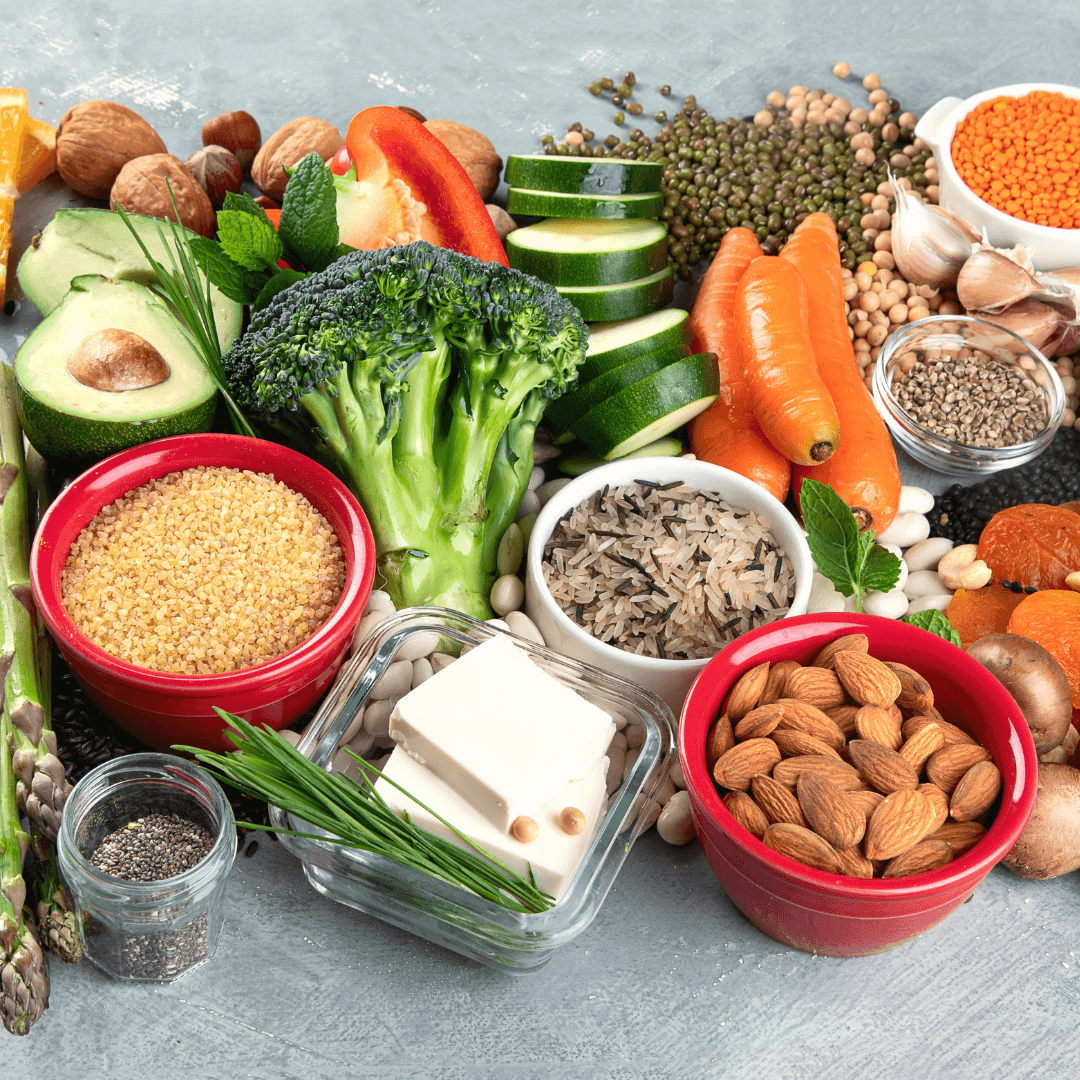
1. Whole-Food, Plant-Based Diet
Among the different types of vegan diets, the Whole Food Vegan Diet stands out for its emphasis on whole, minimally processed plant-based foods, reflecting a philosophy that values preserving nutritional integrity in natural, unaltered states.
This dietary philosophy revolves around the idea that the nutritional value of foods is best preserved when they are in their natural, unaltered state.
At the core of the Whole Food Vegan Diet are fruits and vegetables, providing a rich source of vitamins, minerals, fibre, and antioxidants.
These foods contribute to overall health, supporting immune system strength, digestion, and disease prevention.
Whole grains, such as brown rice, quinoa, and oats, offer complex carbohydrates and additional nutrients like B vitamins and fiber.
Legumes, including beans, lentils, and chickpeas, are integral to this diet, providing plant-based protein, fiber, and a range of essential nutrients.
Nuts and seeds are included for their healthy fats, protein, and micronutrients, offering a satisfying and nutritionally dense component to meals and snacks.
One of the distinguishing features of the Whole Food Vegan Diet is its avoidance of refined and processed foods.
This includes steering clear of refined sugars, white flour, and processed oils. By excluding these items, adherents of this diet aim to reduce the consumption of empty calories and artificial additives, promoting better weight management and overall well-being.
Overall, the Whole Food Vegan Diet encourages individuals to embrace a diverse range of nutrient-dense plant foods in their natural form.
This approach aligns with ethical and environmental considerations related to veganism and supports optimal health by emphasizing wholesome, unprocessed nutrition.
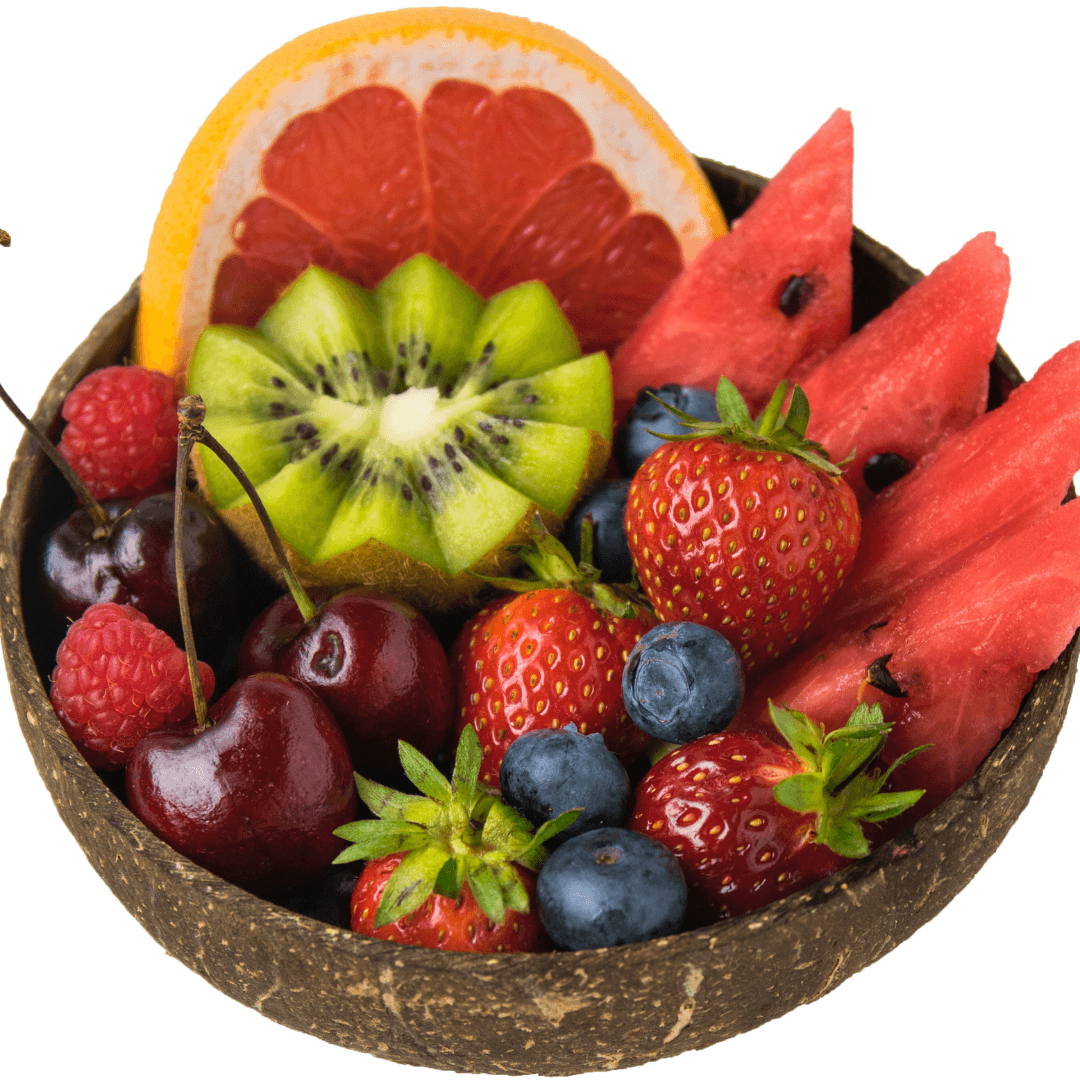
2. Raw Vegan Diet
The Raw Vegan Diet is a nutritional approach that centers on consuming uncooked and minimally processed plant-based foods, advocating that raw foods retain more inherent nutrients and enzymes than their cooked counterparts.
This diet comprises a variety of fruits, vegetables, nuts, seeds, and sprouted grains, promoting a diverse and vibrant array of foods in their natural state.
Fruits and vegetables form the cornerstone of the Raw Vegan Diet, providing essential vitamins, minerals, fiber, and antioxidants.
The emphasis on these raw plant foods contributes to a diet rich in phytonutrients, supporting overall health and potentially reducing the risk of chronic diseases.
Nuts and seeds are included for their healthy fats, proteins, and micronutrients. These foods offer a satisfying crunch and add nutritional density to the diet.
Sprouted grains, legumes, and seeds are often favoured as they undergo germination, which can enhance nutrient availability and digestibility.
One distinctive feature of the Raw Vegan Diet is the restriction on cooking temperatures.
Advocates of this diet typically limit cooking to temperatures below 118°F (48°C) to preserve the natural enzymes present in raw foods.
Enzymes are crucial in various bodily functions, including digestion and nutrient absorption.
Proponents believe that individuals can enhance their meals' nutritional value and digestive benefits by preserving these enzymes through low-temperature cooking or opting for entirely raw foods.
Different vegan diets, such as the Raw Vegan Diet, present nutritional considerations, acknowledging the potential challenges in meeting individual needs solely through raw foods and emphasizing the importance of balance in dietary choices.
As with any diet, balance and attention to individual nutritional requirements are key considerations.
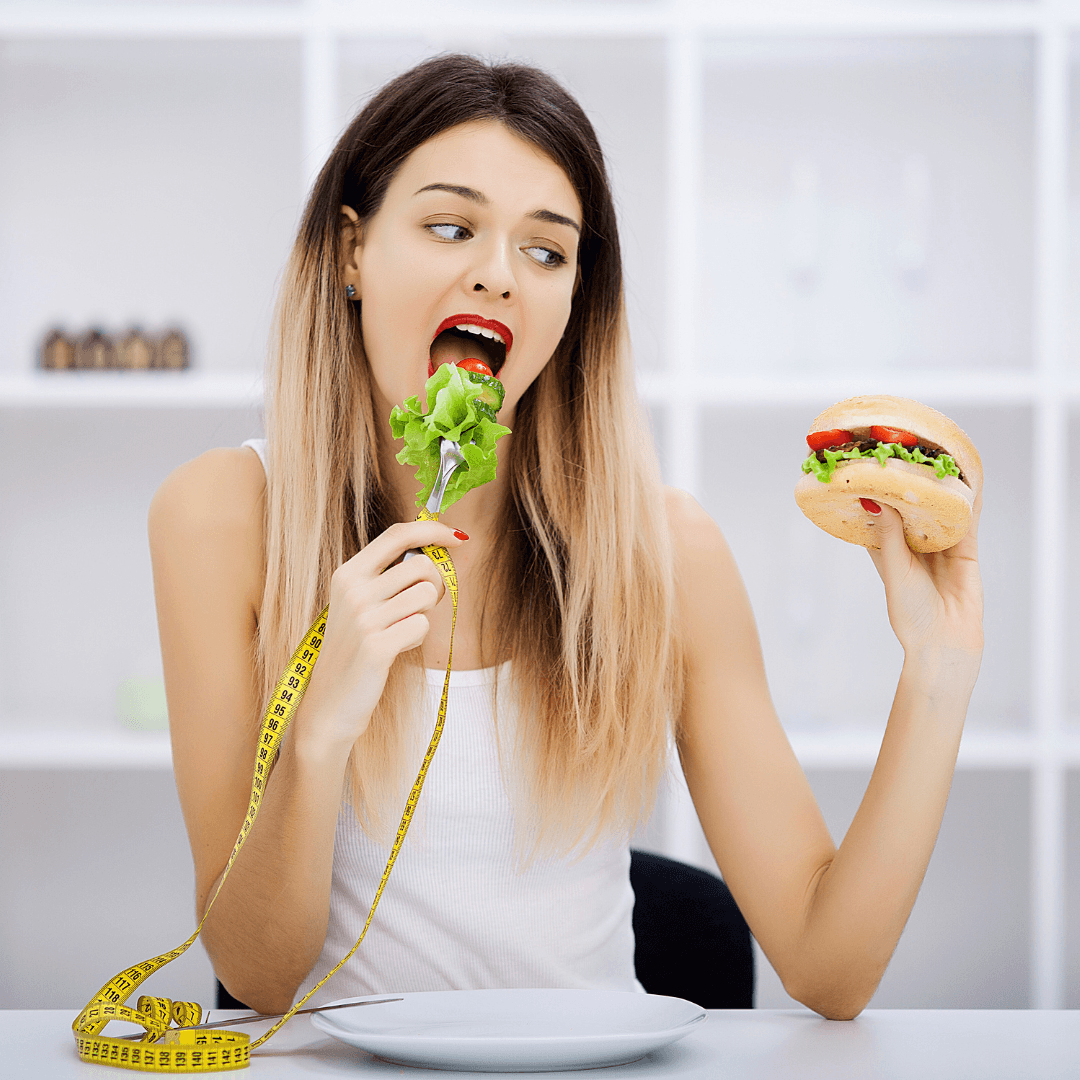
3. Junk Food Vegan Diet
The Junk Food Vegan Diet represents a plant-based dietary approach that permits the consumption of vegan alternatives to traditionally non-vegan, processed foods.
This diet acknowledges that individuals adopting a vegan lifestyle may still crave the familiar tastes and textures of conventional junk food, leading to the creation of plant-based alternatives.
This includes vegan burgers, fries, desserts, and an array of other processed snacks designed to mimic the flavours of their non-vegan counterparts.
Plant-based burgers made from soy, pea protein, or beans have become popular alternatives to traditional meat-based burgers.
Vegan desserts often feature substitutions like almond or coconut milk, flaxseed or applesauce instead of eggs, and alternative sweeteners.
Even classic comfort foods like vegan macaroni and cheese or vegan ice cream have found their way into the repertoire of those following a Junk Food Vegan Diet.
While adherents of this diet maintain a vegan lifestyle, it's important to note that the healthfulness of the diet may be compromised due to the high levels of processed ingredients.
When ingested in excess, processed foods may lead to health problems like weight gain, high blood pressure, and other metabolic concerns because they contain added sugars, salt, unhealthy fats, and artificial additives.
A junk food vegan diet can benefit from including a range of whole, nutrient-dense plant foods, such as fruits, vegetables, whole grains, and legumes, to mitigate some of the potential health risks associated with highly processed alternatives.
Additionally, being mindful of ingredient lists and opting for minimally processed options when available can contribute to a more balanced and health-supportive approach within the realm of vegan junk food.
As with any diet, moderation and attention to overall nutritional intake are crucial for maintaining optimal health.
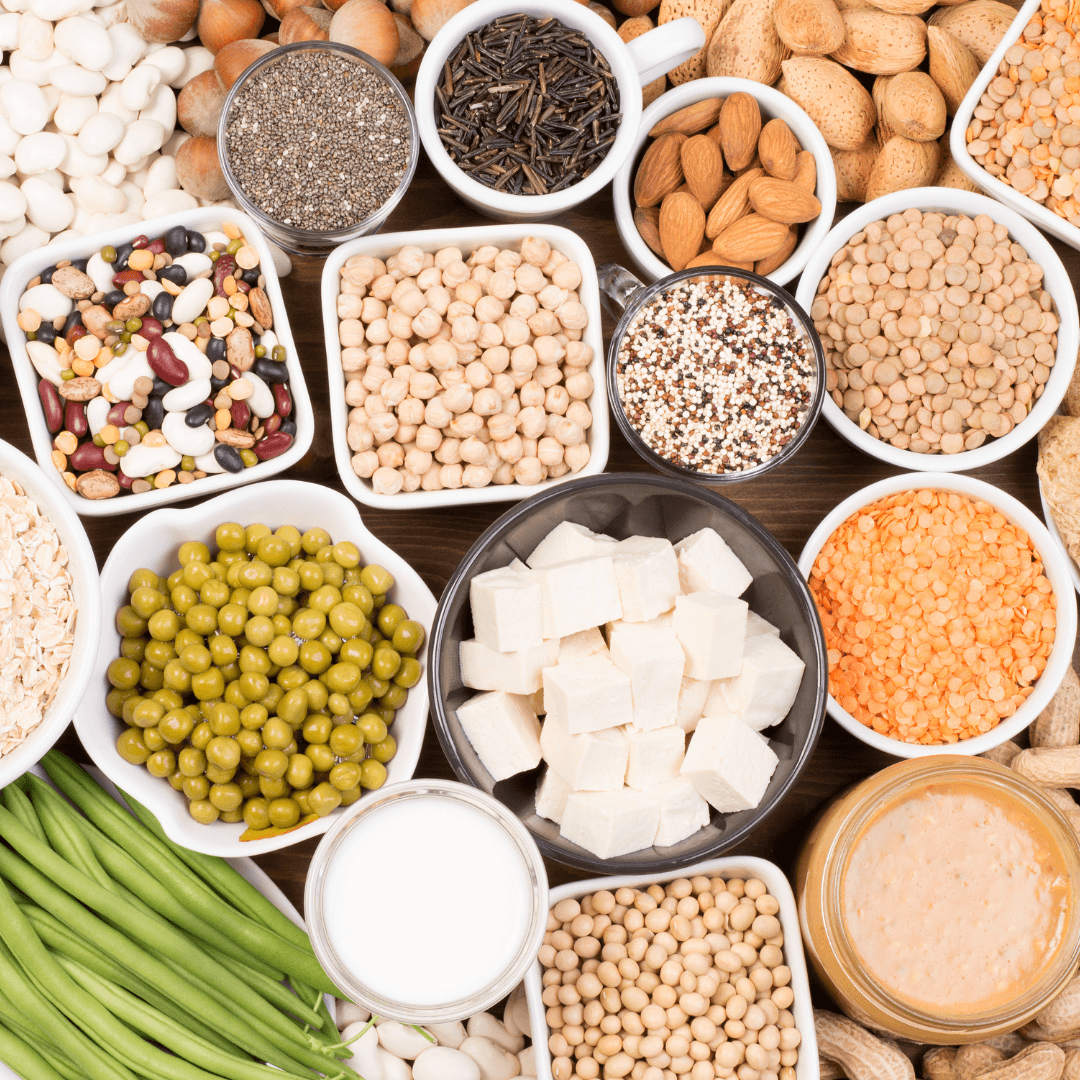
4. High-Carb, Low-Fat Vegan Diet
The High-Carb, Low-Fat Vegan Diet is a plant-based dietary approach that primarily emphasizes consuming a high proportion of calories from carbohydrates while minimizing dietary fat intake.
This nutritional philosophy seeks to derive energy predominantly from plant-based sources, specifically fruits, vegetables, and whole grains.
The foundation of this diet lies in the consumption of complex carbohydrates found in fruits like bananas, berries, and oranges, as well as an abundance of vegetables such as leafy greens, carrots, and bell peppers.
In addition to providing carbohydrates, whole grains like quinoa, brown rice, and oats also include fiber, vitamins, and minerals.
To maintain a low-fat profile, individuals following this diet typically limit the intake of fatty plant-based foods, including nuts, seeds, and avocados.
While these foods are nutrient-dense and offer essential fats, adherents of the High-Carb, Low-Fat Vegan Diet believe that minimizing fat intake can support weight management and overall health.
This dietary approach is often associated with high consumption of raw foods, reinforcing the principle of preserving the natural state of plant-based foods.
Raw fruits and vegetables are rich in carbohydrates and provide vital enzymes, vitamins, and antioxidants that proponents believe may be compromised with cooking.
The High-Carb, Low-Fat Vegan Diet aligns with the idea that carbohydrates can be a healthful and sustainable energy source when sourced from whole plant foods.
Advocates argue that by prioritizing complex carbohydrates and minimizing dietary fats, individuals can promote cardiovascular health, enhance athletic performance, and maintain a healthy body weight.
When exploring different types of vegan diets, such as the High-Carb, Low-Fat Vegan Diet, individuals must prioritize nutritional adequacy, incorporate a diverse range of plant-based foods and seek guidance from healthcare professionals or registered dietitians for personalized advice.
Seeking advice from a medical expert or registered dietitian can offer tailored recommendations to guarantee sufficient nutrient consumption while adhering to the guidelines of a high-carb, low-fat vegan diet.
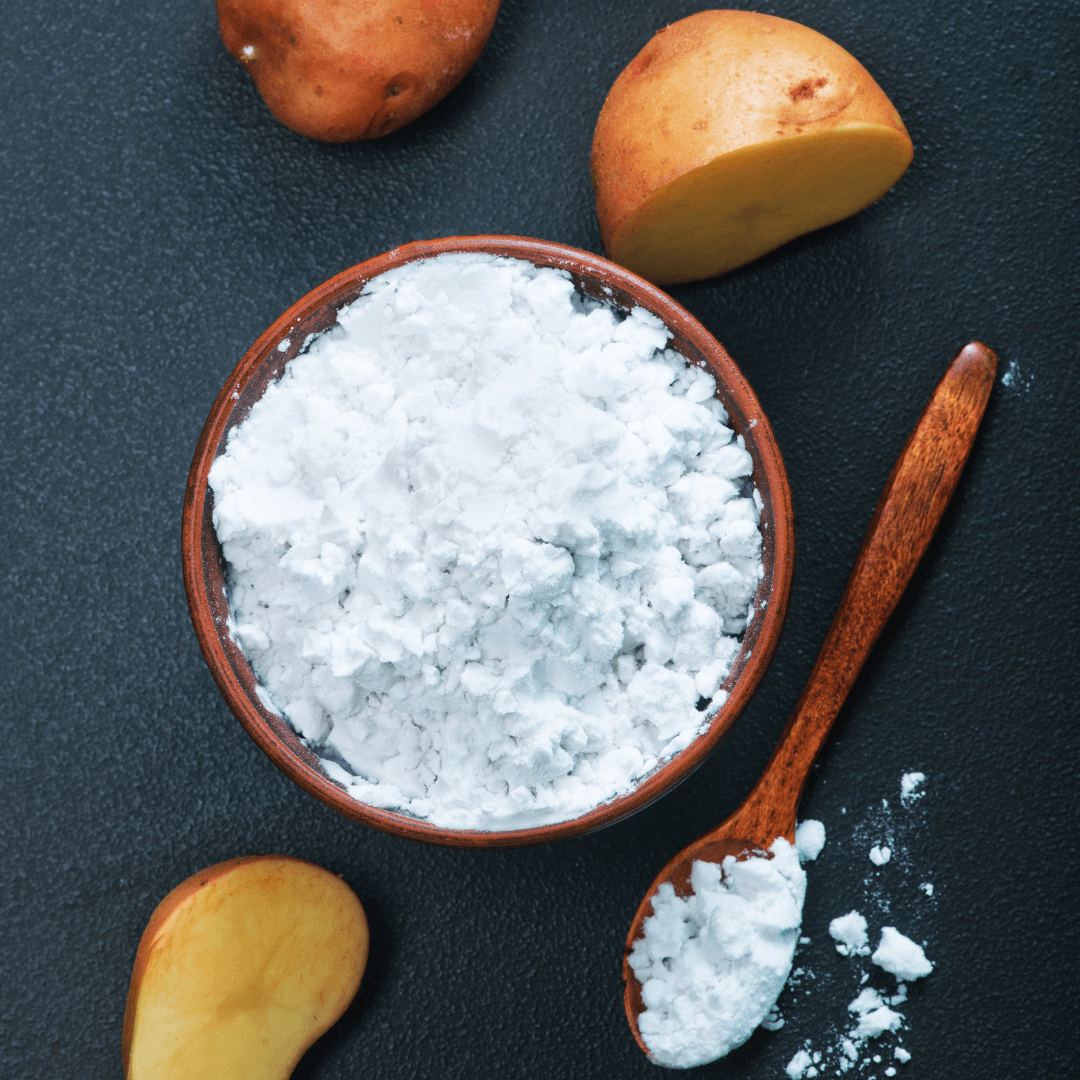
5. The Starch Solution Diet
The Starch Solution Diet, championed by Dr. John McDougall, revolves around the idea that a diet predominantly centred on starch-rich foods can lead to sustainable weight loss and contribute to overall health.
The diet emphasizes whole, unprocessed plant foods, primarily focusing on starchy staples such as potatoes, rice, corn, and legumes.
Starchy foods form the core of the Starch Solution, providing a substantial portion of daily caloric intake.
These foods are rich in complex carbohydrates, offering a sustained release of energy and contributing to feelings of satiety.
Potatoes, in particular, are highlighted for their versatility and nutrient content, serving as a staple in many meals.
Legumes, including beans, lentils, and peas, are prominent in the Starch Solution for their dual role as excellent sources of protein and complex carbohydrates.
They contribute essential nutrients such as fiber, vitamins, and minerals while enhancing the diet's nutritional profile.
The Starch Solution recommends minimizing the intake of refined and processed foods, particularly those high in added sugars and oils.
Individuals following this diet aim to improve their overall health by focusing on whole, plant-based foods, including better blood sugar control, cholesterol levels, and weight management.
In addition to helping people lose weight, Dr. John McDougall advocates for the Starch Solution because of its possible advantages in controlling and preventing chronic conditions like heart disease, type 2 diabetes, and hypertension.
In keeping with the larger tenets of a plant-based lifestyle, the diet strongly emphasizes the role of whole, unprocessed foods in maintaining long-term health.
People thinking about starting the Starch Solution Diet must ensure they get enough nutrients from a range of plant-based foods.
Speaking with a medical expert or registered dietitian can offer tailored advice, guaranteeing that the diet is nutritionally sufficient and well-balanced for each person's needs and goals.
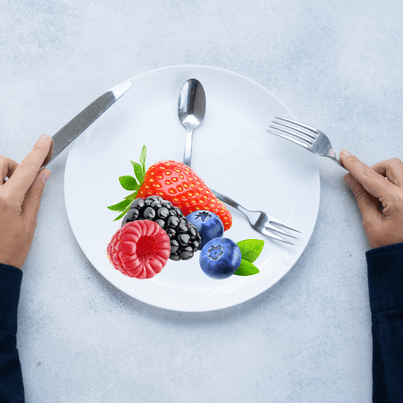
6. Raw Till 4
The Raw Till 4 (RT4) diet is a unique approach within the realm of veganism that combines the principles of raw food consumption with the inclusion of cooked vegan meals.
As a distinctive member among different types of vegan diets, the Raw Till 4 (RT4) approach blends raw food principles with cooked vegan meals, with a central focus on consuming raw, plant-based foods until 4 p.m. and incorporating cooked options in the evening.
The core tenet of this diet is to eat raw, plant-based foods until 4 p.m. when individuals transition to a cooked vegan meal in the evening.
The daytime component of the Raw Till 4 diet strongly emphasizes consuming raw fruits. This includes a variety of fresh, uncooked fruits such as bananas, berries, melons, and other seasonal offerings.
The idea behind prioritizing raw fruits during the day is to capitalize on their natural nutrient content, including vitamins, minerals, fibre, and enzymes, which proponents believe may be compromised through cooking.
Consuming raw foods until late afternoon aligns with the broader principles of a raw vegan diet, emphasizing the potential health benefits of a high intake of unprocessed, plant-based foods.
Proponents suggest this approach may contribute to increased energy levels, improved digestion, and enhanced nutrient absorption.
Raw Till 4 practitioners transition to a cooked vegan meal in the evening. This typically involves a variety of plant-based cooked foods such as grains, legumes, vegetables, and plant-based protein sources like tofu or tempeh.
This cooked meal provides additional variety, flavours, and warmth to the diet, addressing potential concerns about meeting caloric needs solely through raw foods.
Advocates of the Raw Till 4 diet often highlight its flexibility, allowing individuals to enjoy the potential benefits of raw food consumption while incorporating the variety and satiety offered by cooked vegan meals.
However, as with any diet, individuals must ensure they meet their nutritional needs, particularly considering factors such as protein intake, vitamin B12, and other essential nutrients.
Consulting with a healthcare professional or registered dietitian can offer personalized guidance for those considering or following the Raw Till 4 approach.
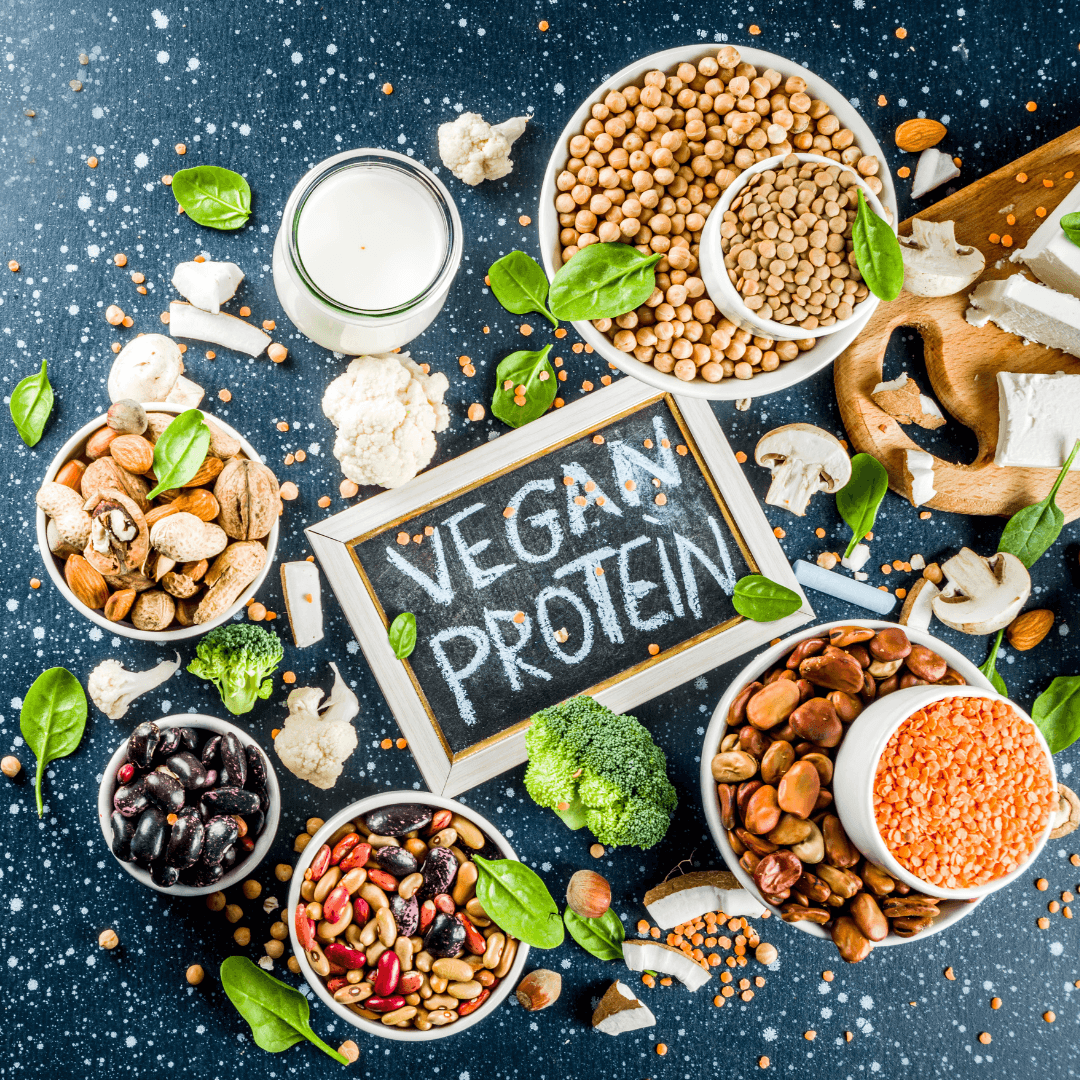
7. High-Protein Vegan Diet
The High-Protein Vegan Diet is a plant-based approach prioritizes meeting protein needs through various plant-based sources.
This diet addresses the misconception that animal products can only provide adequate protein intake.
Instead, it emphasizes plant-based protein-rich foods, catering to the nutritional requirements of individuals, particularly athletes and those with higher protein needs.
Key protein sources in the High-Protein Vegan Diet include tofu, tempeh, and legumes. Tofu and tempeh, made from soybeans, are versatile and protein-dense alternatives to animal-based proteins.
Legumes are a great source of fiber, vitamins, minerals, and plant-based protein. Examples of legumes include beans, lentils, and chickpeas.
Plant-based protein powders derived from peas, hemp, rice, or soy are often incorporated into the High-Protein Vegan Diet.
These supplements offer a convenient way to boost protein intake, especially for those who engage in rigorous physical activity or have specific protein requirements.
Athletes, fitness enthusiasts, and individuals with higher protein needs are drawn to the High-Protein Vegan Diet because it supports muscle maintenance and growth and contributes to overall health.
Adequate protein intake is crucial for repairing tissues, supporting immune function, and maintaining optimal bodily functions.
Individuals can benefit from a diet typically lower in saturated fats and cholesterol than animal-based protein sources by choosing plant-based protein sources.
The High-Protein Vegan Diet aligns with broader health goals, including heart health and weight management, while still meeting the protein demands of active lifestyles.
To ensure nutritional balance, individuals following the High-Protein Vegan Diet should include a variety of protein sources and complement them with a diverse range of plant-based foods to obtain a spectrum of essential nutrients.
When adhering to different types of vegan diets, like the High-Protein Vegan Diet, individuals must maintain nutritional balance by incorporating diverse plant-based foods and seeking personalized guidance from registered dietitians or nutrition professionals to optimize their dietary choices for health and fitness goals.
Conclusion
In conclusion, the diverse array of vegan diets reflects the flexibility and adaptability of plant-based eating to meet various health, ethical, and lifestyle preferences.
While each vegan diet has its merits, individuals must choose an approach that aligns with their health goals, nutritional needs, and ethical beliefs.
The varied landscape of different types of vegan diets underscores the adaptability of plant-based eating to cater to various health, ethical, and lifestyle preferences, emphasizing the importance of individuals selecting an approach that aligns with their unique needs and beliefs.
Furthermore, seeking guidance from healthcare professionals or registered dietitians can ensure that a vegan diet is well-balanced, nutritionally adequate, and sustainable in the long term.
Overall, the wide range of vegan diets allows individuals to embrace plant-based eating in a manner that suits their unique preferences and requirements.
I trust you enjoyed reading the article on the Different Types Of Vegan Diets. Please stay tuned. There are more blog posts to come very shortly.
JeannetteZ
>>>Please click here to read my Vegan Travel Guides To World Destinations<<<
>>>Want To Learn How To Create Delicious, Cruelty-Free, Healthy AND 100% Vegan Meals? Try These Awesome Vegan Cooking Courses With A Free 7-DAY MEMBERSHIP<<<
Your Opinion Is Important To Me
Ideas? Thoughts? Questions? I would love to hear from you. Please leave me your questions, experiences, and remarks about the Different Types Of Vegan Diets article in the comments section below. You can also reach me by email at Jeannette@LivingTheVeganLifestyle.org.
Disclosure
This post may contain affiliate links. I earn from qualifying purchases as an Amazon Associate and other affiliate programs. Please read my full disclosure.
Here are links to some of my favourite articles:
Best Vegan Restaurants In La Paz, Bolivia
Why Some People Dislike Vegans

